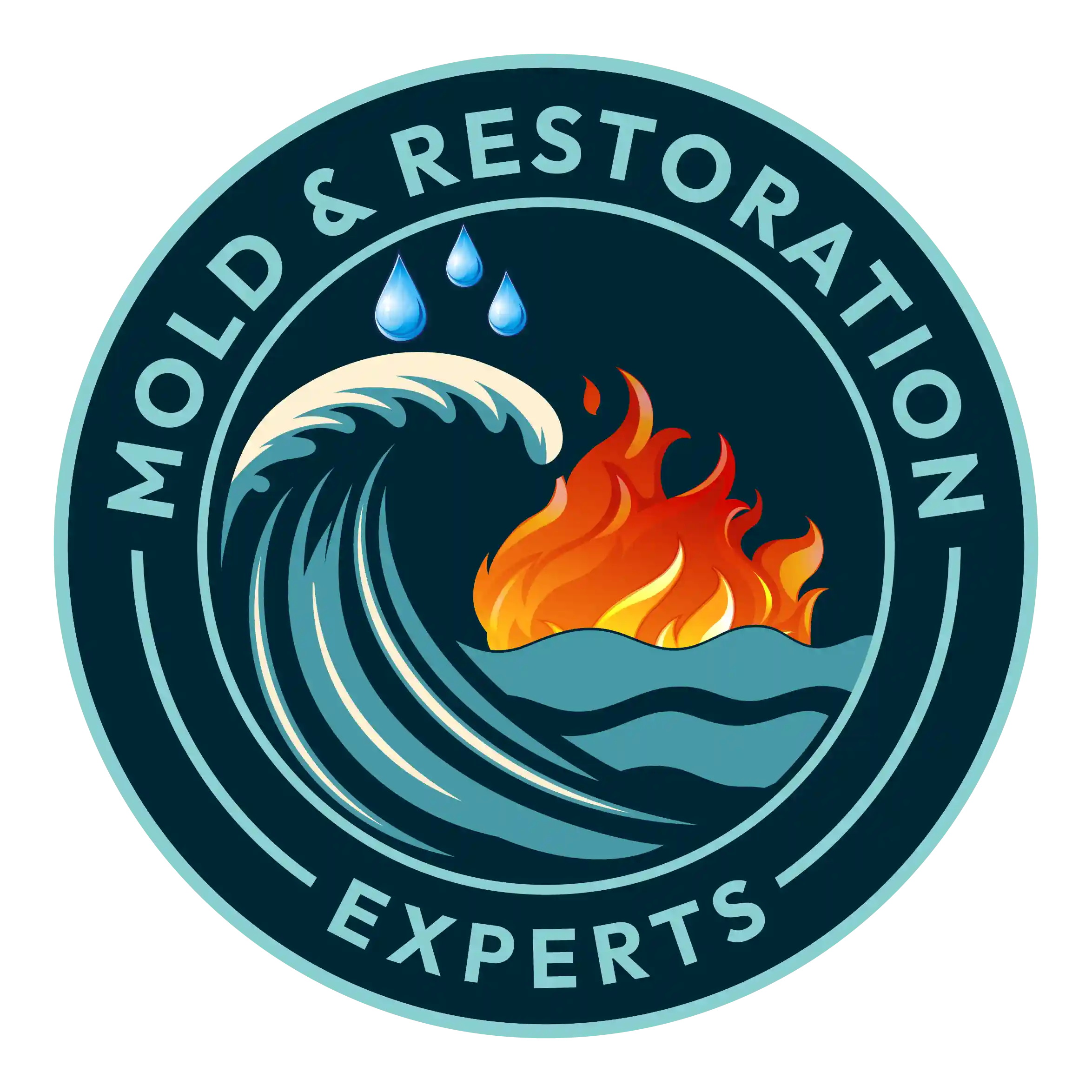Expert Mold Assessment
The First Step to a Safe and Healthy Home

Why Mold Assessment is Crucial
Mold can silently invade your home or business, often growing unnoticed in walls, ceilings, and hidden corners. It thrives in damp environments and spreads quickly, leading to severe health hazards and property damage. A professional mold assessment is the first and most critical step in identifying the extent of the problem and creating an effective remediation plan.
Ignoring mold issues can lead to worsening conditions, including structural deterioration, air quality contamination, and serious health risks. Mold spores can circulate through HVAC systems, affecting every room and increasing the potential for respiratory problems, allergies, and infections.
Mold and Restoration Experts
Health Risks Associated with Mold
Mold exposure can affect people differently, but common symptoms include:
- Persistent coughing and wheezing
- Sinus congestion and throat irritation
- Eye, skin, and nose irritation
- Allergic reactions or worsening asthma
- Fatigue and headaches
In severe cases, neurological and respiratory issues - Individuals with compromised immune systems, young children, and the elderly are especially vulnerable to mold exposure. Without a proper assessment, the mold problem can remain hidden while continuing to impact the health of everyone in the building.
What Does a Mold Assessment Involve?
A mold assessment is more than just looking for visible mold—it involves a detailed inspection of the entire property. Our expert mold assessors follow a systematic approach to determine the cause, extent, and type of mold infestation:
Visual Inspection: We conduct a thorough walkthrough of your property, identifying potential mold growth areas, moisture problems, and visible damage.
Moisture & Air Quality Testing: Using state-of-the-art moisture meters and air sampling devices, we detect hidden mold and assess indoor air quality to determine spore levels.
Laboratory Analysis: If necessary, we collect samples and send them to a certified laboratory to determine the specific type of mold present and its potential toxicity.
Detailed Report & Remediation Plan: After the assessment, we provide a comprehensive report outlining our findings, along with a customized plan for mold removal and future prevention.
Why Choose Mold and Restoration Experts
At Mold and Restoration Experts, we take mold issues seriously. Our certified mold assessors have the training, experience, and tools to accurately detect and evaluate mold problems.
Industry-Certified Professionals: Certified by NORMI, IICRC, and the DeWalt Academy of Dry Out, ensuring high-quality assessments.
Advanced Technology: We use infrared cameras, air quality monitors, and moisture detection tools for precise analysis.
Unbiased & Thorough Inspections: We focus on accurate assessment without unnecessary alarm or upselling.
Health-Focused Approach: Our priority is your well-being, ensuring clean indoor air and a mold-free environment.
Customized Remediation Plans: Based on assessment results, we guide you toward the best remediation solution for long-term prevention.
FAQs About Mold Assessment
1. What is mold assessment?
A mold assessment is a comprehensive evaluation of a property to identify the presence, type, and extent of mold growth. This process typically includes a visual inspection, moisture readings, air quality testing, and surface sampling.
2. Who is a mold assessor, and what do they do?
A mold assessor is a trained professional who specializes in identifying, assessing, and diagnosing mold-related issues in residential and commercial properties. They conduct thorough inspections to determine the presence of mold, assess the extent of contamination, and recommend appropriate remediation measures.
3. Why is mold assessment necessary?
A mold assessment is necessary to determine whether mold is present, to identify its source, and to assess the potential health risks associated with mold exposure. Early detection of mold can help prevent significant damage to property and health issues for occupants.
4. How do I know if I need a mold assessment?
You should consider a mold assessment if you notice visible mold growth, experience a musty odor, have had water damage, or if anyone in your household has unexplained health issues, particularly respiratory problems.
5. What does a professional mold assessment involve?
A professional mold assessment involves a thorough inspection of the property, including areas that are not easily accessible. Assessors use specialized equipment to measure moisture levels, conduct air quality tests, and collect samples for laboratory analysis if needed.
6. How long does a mold assessment take?
The duration of a mold assessment can vary based on the size of the property and the complexity of the issues being evaluated. Generally, a complete assessment can take anywhere from 1 to 3 hours.
7. Can mold assessments help with insurance claims?
Yes, a mold assessment can provide essential documentation and evidence for insurance claims related to mold damage. A thorough report from a certified assessor can strengthen the claim process and aid in successful resolution.
8. How does the mold assessment process work?
The mold assessment process typically begins with an initial inspection, including visual evaluations and possible moisture assessments. Samples may be collected for laboratory analysis, and the assessor will provide a detailed report outlining findings and recommendations for remediation if necessary.
9. Why is it important to hire a mold assessor?
Hiring a mold assessor is crucial because it ensures a comprehensive evaluation of mold in a property. They use specialized equipment and techniques to detect hidden mold that may not be visible to the naked eye and can help prevent potential health risks associated with mold exposure.
10. What should property owners do if they suspect mold in their home?
If property owners suspect mold, they should contact a certified mold assessor for an evaluation. Acting quickly is important to prevent further contamination and potential health effects for occupants.
11. How often should mold assessments be conducted?
Mold assessments are recommended whenever there is a history of water damage, after significant weather events, or when odors or health concerns arise. Regular inspections, especially in high-risk areas, can help prevent mold-related issues before they escalate.
By understanding the role and importance of mold assessors, property owners can better navigate their mold concerns and ensure a safe living environment.

